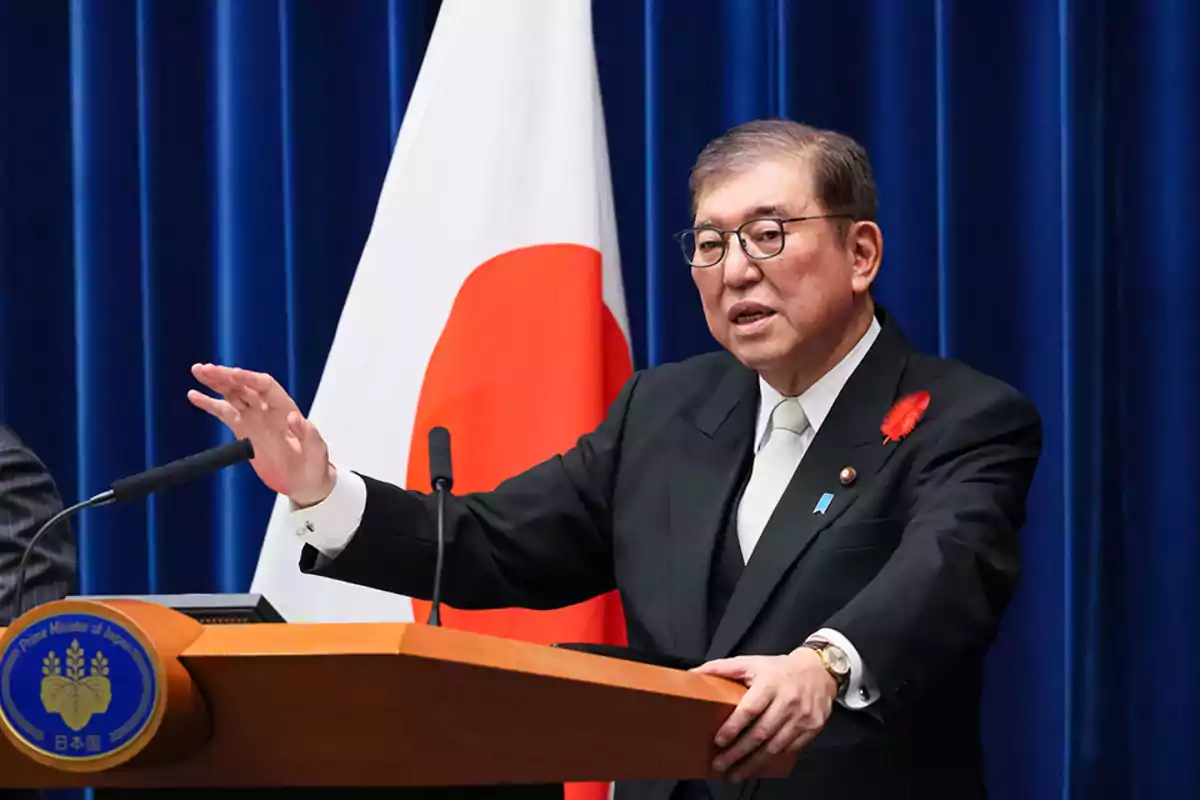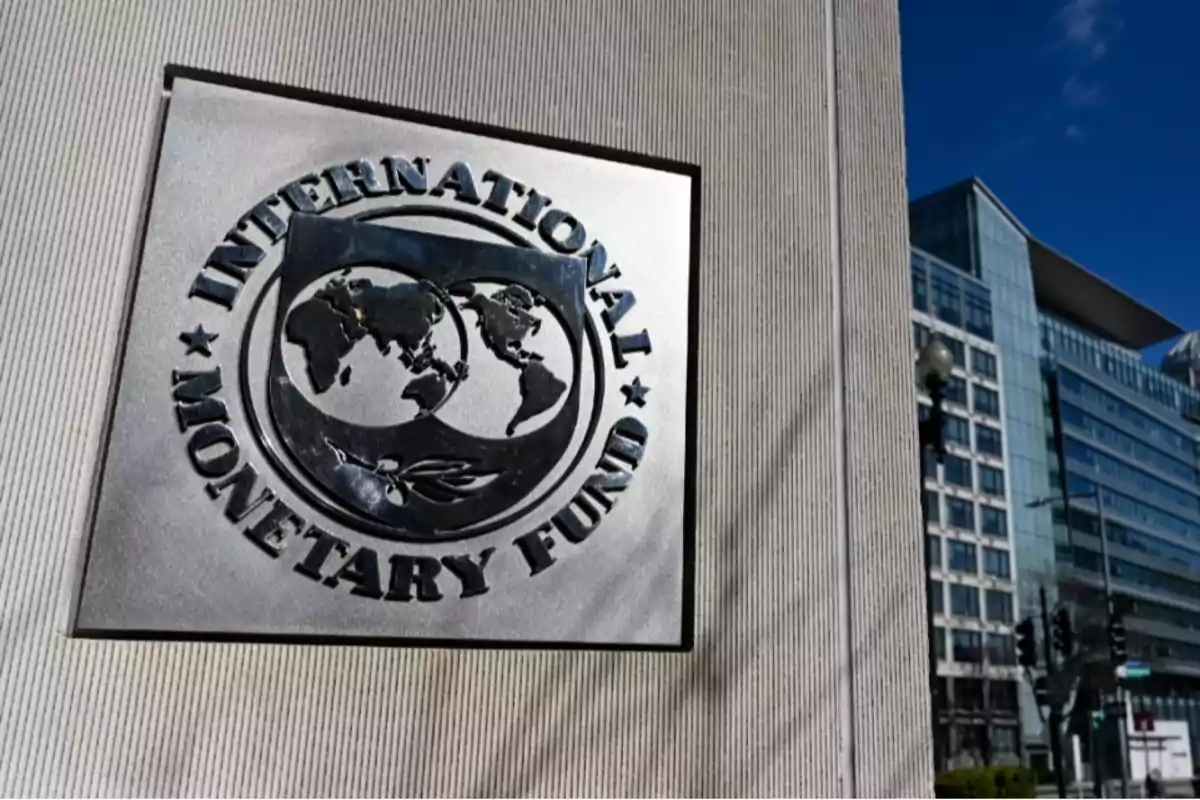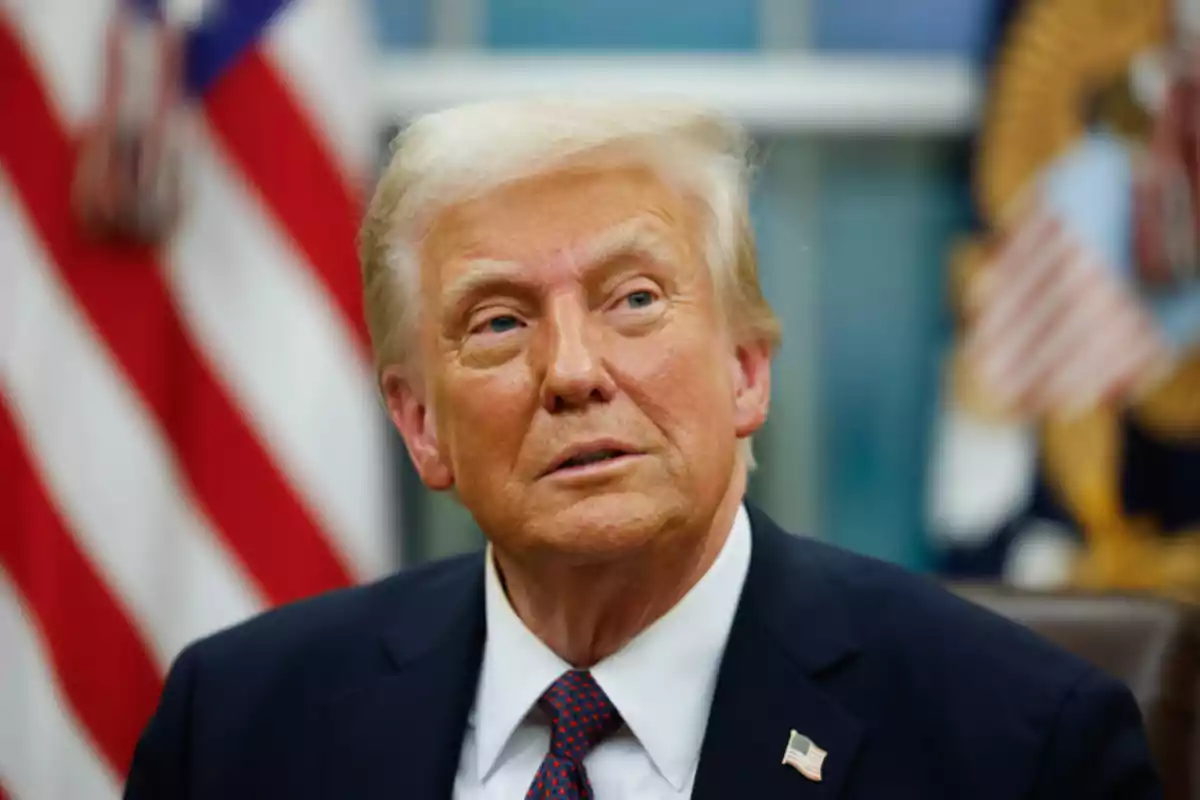
Japan's Prime Minister warns that the economic crisis is worse than Greece's.
Shigeru Ishiba warned in recent hours about the severe economic crisis Japan is going through and the disastrous consequences it may entail
The Japanese Prime Minister, Shigeru Ishiba, has rejected proposals to implement tax cuts funded by increased debt issuance, arguing that Japan's fiscal situation is "worse than Greece's."
In a speech before parliament, Ishiba warned about the risks of financing tax cuts with government bonds in a context of rising interest rates and economic weakening.
The leader's statement comes after the Bank of Japan ended decades of ultra-expansive monetary stimulus policies.
Since then, the central bank has raised short-term interest rates to 0.5% and reduced bond purchases, which has contributed to an increase in public debt yields. This raises the financing cost for the government, which already faces significant debt.

Japan currently has a debt-to-GDP ratio of 234.9%, the highest among developed economies, according to data from the International Monetary Fund (IMF). This figure contrasts with Greece's 142.2%.
Despite this high indebtedness, Japan has avoided a fiscal crisis similar to Greece's because most of its debt is held by major investors and the country keeps a strong status as a global creditor.
Ishiba defended his stance by stating that, although tax revenues have increased, so have social welfare costs. This combination, along with tightening financial conditions, makes it unfeasible to reduce taxes in the short term.

Pressure from opposition parties to cut the consumption tax has grown, especially ahead of the Upper House elections scheduled for July, but Ishiba insists that fiscal sustainability must be a priority.
The economic context is complicated. In the first quarter of 2025, the Japanese economy contracted by 0.7%, exceeding analysts' forecasts that anticipated a 0.2% decline.
This contraction is attributed to the stagnation of private consumption and the decrease in exports, reflecting a loss of momentum in external demand.

The situation has been exacerbated by the tariff policies imposed by the President of the United States, Donald Trump, which include 25% import duties on automobile, steel, and aluminum imports. Additionally, Japan faces the threat of a 24% tariff on its exports if it fails to reach a trade agreement with Washington before July.
The Finance Minister, Katsunobu Kato, supported Ishiba's warnings and emphasized the importance of maintaining market confidence. Kato warned that a loss of confidence could trigger a sudden rise in interest rates, a devaluation of the yen, and an excessive increase in inflation, which would have serious consequences for the Japanese economy.
More posts: